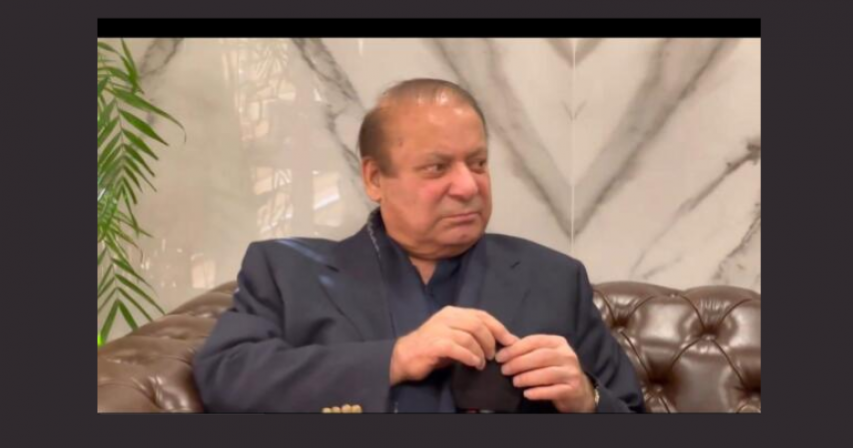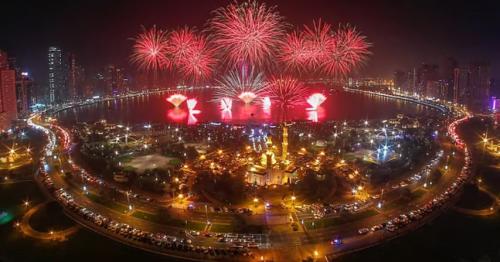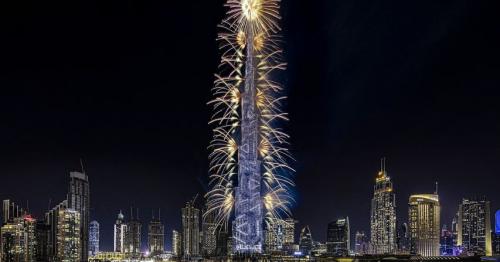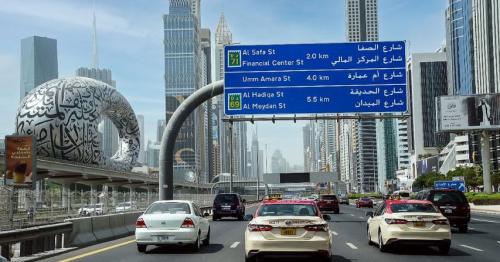Nawaz Sharif's Unexpected Role in Punjab Government Meetings Sparks Controversy

Nawaz Sharif, the leader of PML-N, recently chaired three administrative meetings of the Punjab government, drawing attention and criticism due to his lack of official position. Despite not holding any formal role in the provincial or federal government, Sharif issued directives regarding various infrastructure projects and other matters. The move has raised eyebrows as Sharif's political influence remains significant despite his party's electoral setback in the recent general elections.
The former three-time prime minister's appearance at the administrative meetings, led by his daughter Maryam Nawaz, has stirred controversy. While the meetings covered important topics such as infrastructure development, relief packages for Ramadan, and concerns about farmers, Sharif's involvement has been questioned given his status as a mere National Assembly member without an official government position.
In the absence of a majority win for PML-N in the National Assembly elections, Nawaz Sharif's party was unable to form a government independently. Instead, independent candidates supported by Imran Khan's PTI emerged victorious in several constituencies, complicating PML-N's path to power. Despite this setback, Nawaz Sharif's younger brother, Shehbaz Sharif, succeeded in cobbling together a coalition government at the federal level with the support of multiple parties, including the Pakistan Peoples Party.
Sharif's direct involvement in Punjab's administrative affairs has raised concerns about political interference and adherence to democratic norms. Critics argue that while Sharif's political influence may be considerable, his participation in government meetings without an official mandate sets a troubling precedent. Some view his actions as an attempt to maintain a grip on power despite electoral setbacks, while others perceive it as a necessary engagement in governance matters given his experience and knowledge.
The issue highlights broader concerns about the role of influential political figures in democratic governance and the balance of power between elected officials and party leaders. While Sharif's supporters may see his involvement as a positive contribution to governance and policymaking, opponents view it as a challenge to institutional norms and principles of accountability.
Despite the controversy, Sharif's presence in administrative meetings underscores the complex dynamics of Pakistani politics, where personal influence often plays a significant role alongside formal government structures. As the political landscape continues to evolve, debates over the appropriate role of leaders like Nawaz Sharif in governmental affairs are likely to persist, shaping the future trajectory of Pakistani democracy.
In summary, Nawaz Sharif's participation in Punjab government meetings, despite lacking an official position, has ignited controversy and raised questions about political influence and democratic norms in Pakistan. While some view his involvement as beneficial, others see it as a challenge to institutional integrity. As political dynamics evolve, debates over the role of influential leaders in governance are expected to continue.
By: Sahiba Suri





Comments